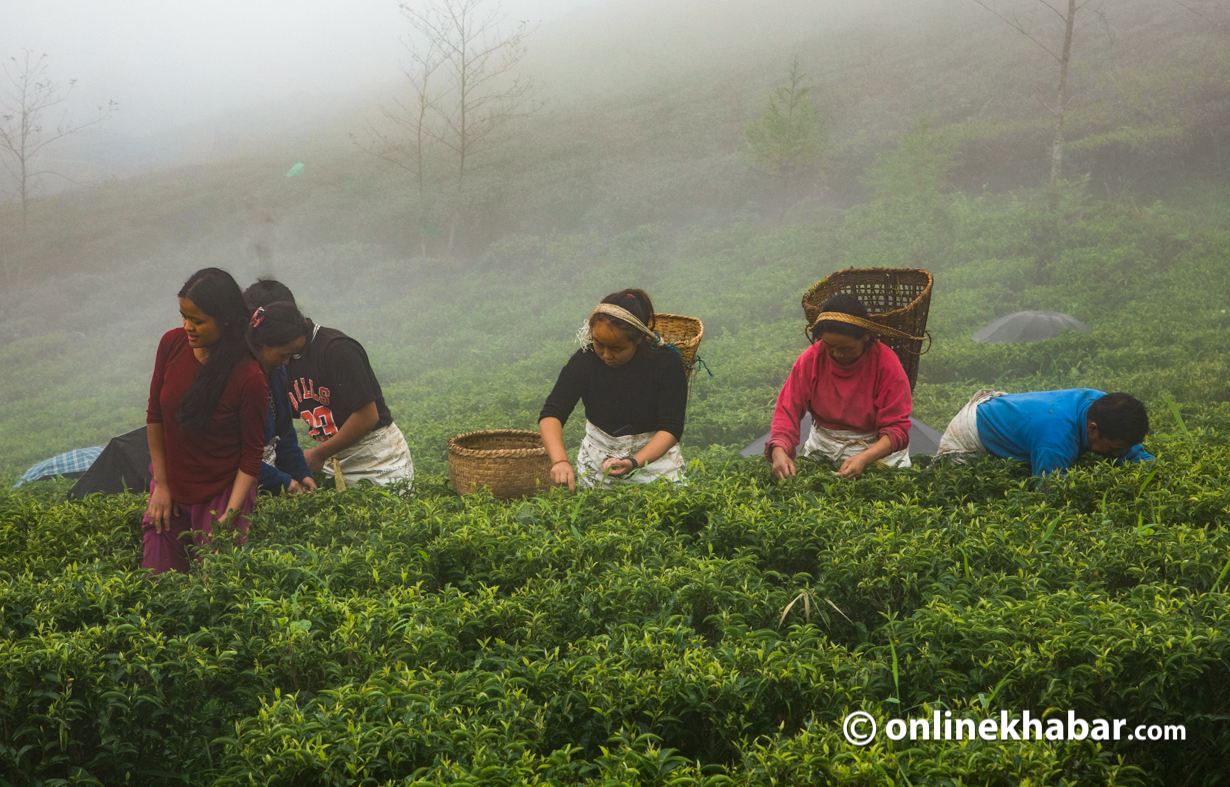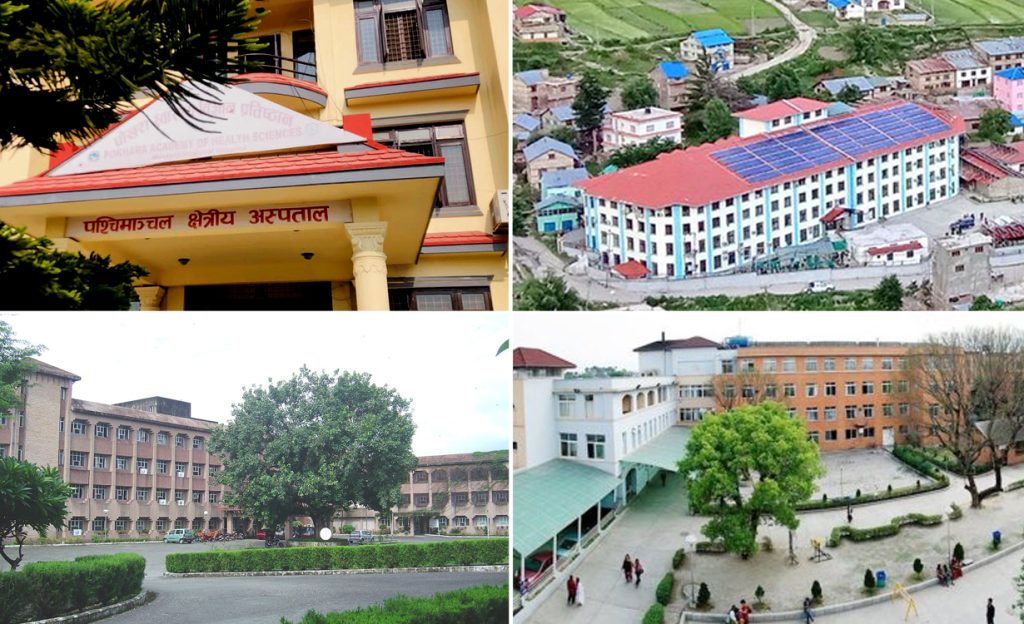
Jhapa, December 10
Stakeholders have raised alarms about the tea industry facing a crisis.
Tea is the largest foreign exchange earner after cardamom.
This concern arises as the National Tea and Coffee Development Board (NTCDB) aims to generate twice as much foreign currency in the current fiscal year 2023/24 compared to the previous fiscal year.
Harka Tamang, a tea farmer, said the government does not list tea as an agricultural product and imposes electricity tariffs for an industry hence affecting plantations. Furthermore, the absence of an auction market is obstructing access to the international market.
Likewise, Bhupal Sapkota of the All Nepal Trade Union Bhupal Sapkota blames the NTCDB for not playing an effective role in solving the problems of tea industrialists, businessmen, farmers and workers.
Additionally, Deepak Tamang from the Nepal Tea Plantation Workers’ Union has accused the state of apathy in addressing the issues plaguing the tea industry. He expressed dissatisfaction, stating that the board has not effectively coordinated the implementation of the law, and workers in certain plantations are not receiving wages per the Labour Act.
Meanwhile, the Executive Director of the Board, Bishnu Prasad Bhattarai, has pledged to take effective measures to address the existing challenges in the tea sector and fully respond to the concerns raised by stakeholders.
According to the board’s data, the country brought in Rs 3.80 billion through tea exports in the last fiscal year. Nepal exports tea to India, China, Sri Lanka, Russia and the Netherlands.
Nepal boasts 20,237 hectares of tea plantations, with a staggering 99 per cent of this production concentrated in the Koshi province. Furthermore, the tea industry comprises 30 orthodox tea factories and 38 CTC tea factories, collectively employing 70,000 individuals.




















